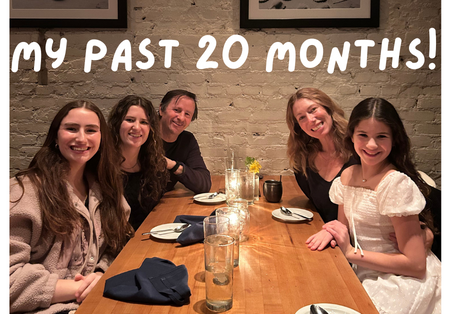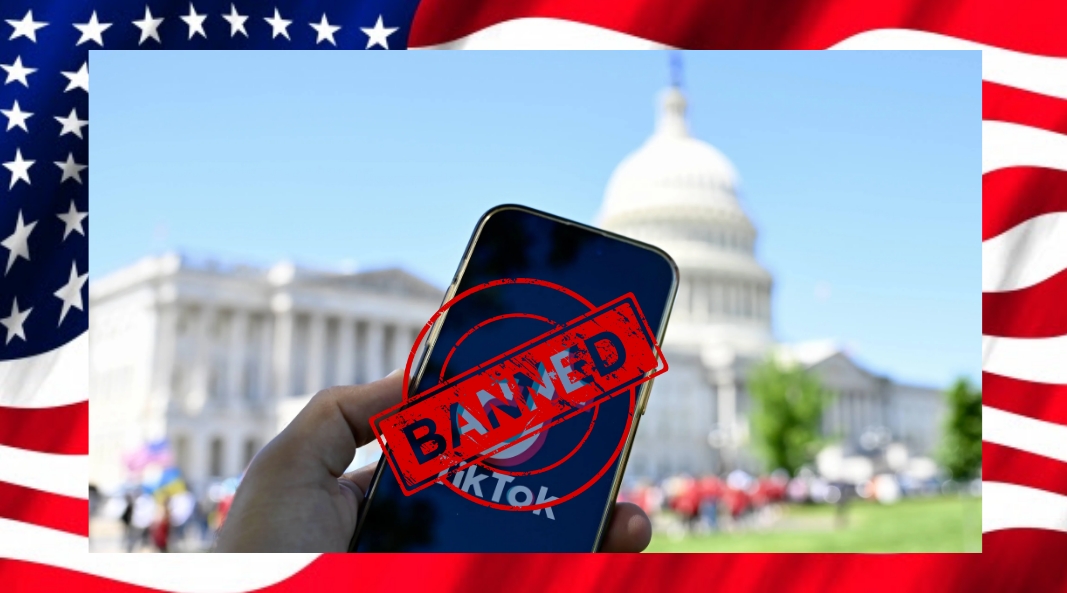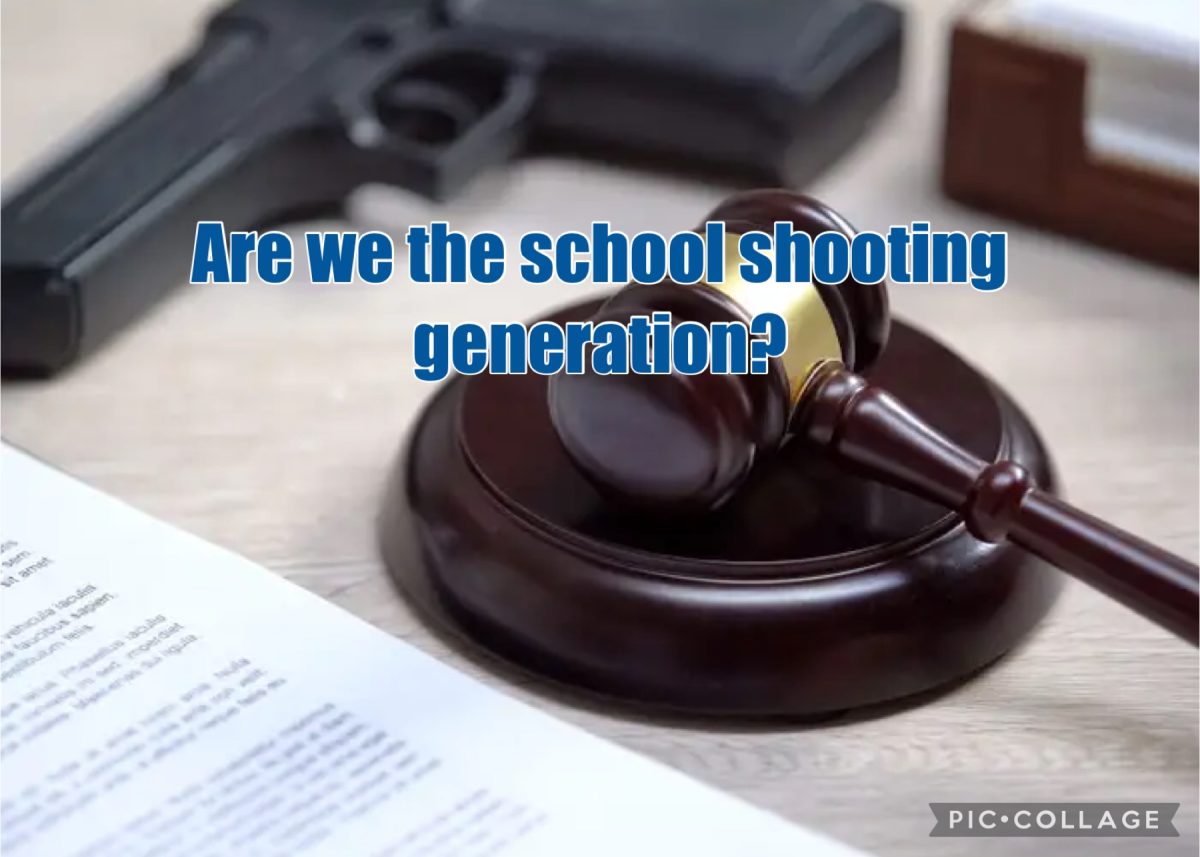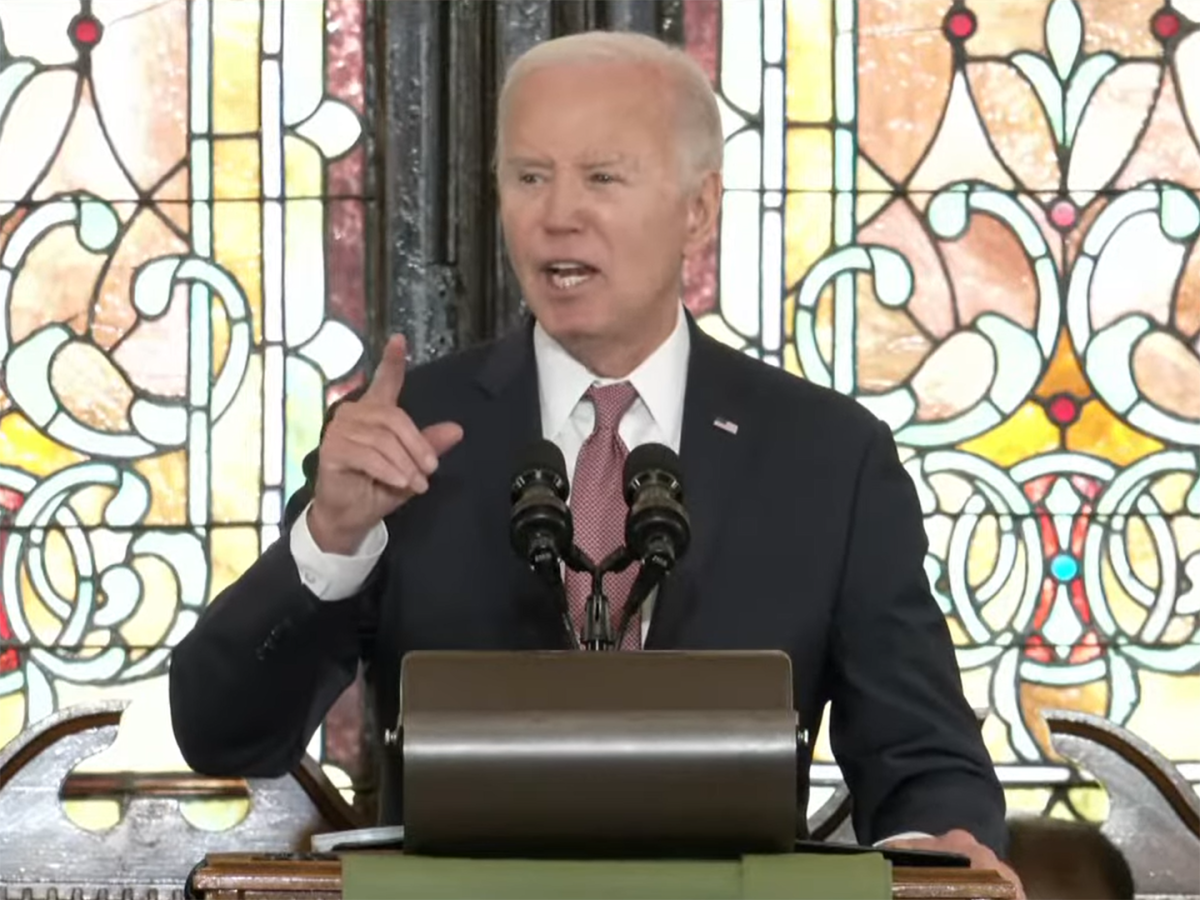Governor McMaster signed House Bill 3594, or the South Carolina Second Amendment Preservation Act, into law on March 7, 2024. This provision makes South Carolina the 29th state to allow permitless carry of handguns for residents. Previously, a 2021 bill permitted residents at least 21 years old that had undergone at least eight hours of training and passed a background check to open carry firearms “less than twelve inches long.” The new law lowers the age to 18, and no longer requires a permit, training, or background check. It also only applies to handguns; however, the state of South Carolina has already allowed permitless open carry of long guns in a separate law for years.
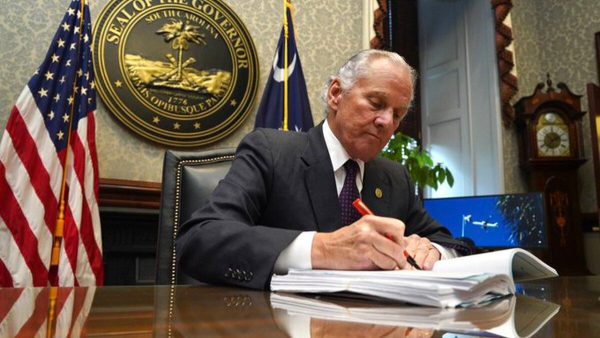
This is not to say that there are not benefits to getting a permit. First and foremost, recieving training to learn how to operate a gun safely helps to protect yourself and those around you. The classes are also free and easy to look up online for availability. The law also incentivizes gun owners to get permits by relaxing penalties on permit-holders that violate the law as compared to non-permit holders. There have been some concerns that this clause in the bill is unconstitutional.
There are still limits on where firearms can be carried. The new bill continues the 2021 precedent of barring guns to be carried into private facilities that display signage asking gun owners not to bring firearms inside. Furthermore, McMaster designated further, specific places where guns cannot be carried, including, but not limited to, polling places (on election days), courtrooms (where cases are in session), police stations, jails, prisons, hospitals, clinics, doctors offices, or any other places performing medical services, day care facilities, preschool facilities, the meeting places of governing bodies of counties, public school districts, municipalities, or special purpose districts, and any federal facilities prohibiting the carry of firearms. However, guns can still be carried into homes and churches with the owner or pastor’s permission.
Guns can also not be carried into any business or venue that sells alcohol, punishable by a misdemeanor charge carrying an up to 2,000 dollar fine or a prison sentence of up to two years. This means that guns can be carried into theater and concert venues as long as they do not sell alcohol or specifically bar patrons from carrying one. This comes with the exception of college or school athletic events not revolving around firearms. Despite the aforementioned charges, the law does come with a clause that protects gun owners from being prosecuted if they do not consume alcohol at the facility.
Under the 2021 law, gun owners would be charged with a misdemeanor if they possessed a handgun in a car unsecured in a closed glove compartment, center console, a secure containor, or the trunk. Despite this, permit holders could carry their gun in open or closed containers, under their seat, or on their person. Now, after Bill 3594, this now applies to everyone over 18. Having an unsecured weapon on school property is still against the law, and punishable by a felony charge carrying five years in prison and/or a fine of up to 5,000 dollars.
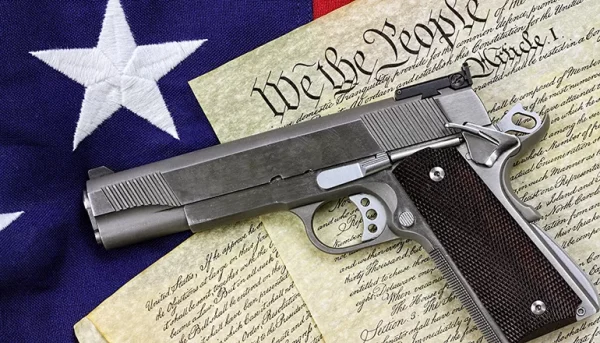
Restrictions under the new law do include punishments for those who break the open carry exemptions. A first offense incurs a misdemeanor with a maximum fine of 1,000 dollars and up to a year in prison. A second time can result in a prison sentence of up to three years and a third up to five years. The second time is also the marker for temporarily losing your gun rights. Violating the restrictions on ones gun rights that come from a second offense result in a felony charge worth up to five years in prison and a third offense with the potential for 30 years in prison. If you have been previously convicted of illegal firearm possession, you can apply for that charge to be dropped under the new law. There have already been talks amongst Senators of allowing the charges for people caught violating the terms of the South Carolina Second Amendment Preservation Act to be expunged after a certain period of time, similarly to the way traffic and drug offenses are treated.
When pulled over at a traffic stop, while possessing an unsecured weapon in the car is now legal, it is probably still advisable to inform the officer that there is a gun in the car. However, according to the new law, carrying a weapon “does not give a law enforcement officer reasonable suspicion or probable cause to search, detain, or arrest the person.” This does become complicated though, as the law provides no protections against an officer searching or arresting people carrying guns when that officer suspects that person is engaged in criminal activity. This is where “suspicion” can become objective and who is detained may be based off of individual police officer’s biases.
Studies have been conducted in the states that have previously passed permitless open carry laws, with mixed results. Ammo.com, an bulk ammo dealer, published figures claiming that “Washington, D.C., has the highest rate of firearm-related homicides even though it has strict carry laws” and that “83% of states with permitless concealed carry have a homicide rate at or below the national average”. They cited a survey conducted by Georgetown University’s McDonough School of Business as their source. However, researchers at Johns Hopkins Bloomberg School of Public Health found that “the average rate of assaults with firearms increased an average of 9.5 percent relative to forecasted trends in the first 10 years after 34 states relaxed restrictions on civilians carrying concealed firearms in public.” Gun Violence Pedia, a gun violence research center, reported that “states that pass a permitless carry law suffer from a 22% increase in gun homicide for the three years after the law’s passage, more than doubling the 10% increase for the country overall”. They cited the Centers for Disease Control and Prevention (CDC) as their source for that claim.
States that relaxed their firearm laws to allow openly carrying a loaded firearm in public without a permit experienced significantly more firearm-related deaths and suicides compared to states without such laws.
— Journal of the American College of Surgeons
While many gun rights groups and conservatives are happy, many are looking to the future. Tommy Dinsdale, executive directer of Palmetto Gun Rights, a state group affiliated with the National Rifle Association (NRA), made a statement expressing disatisfaction at how long this bill took to pass with a Republican super-majority in both the state House and Congress. Republican Senator Shane Martin has suggested that he thinks that we can always expand gun rights even farther.
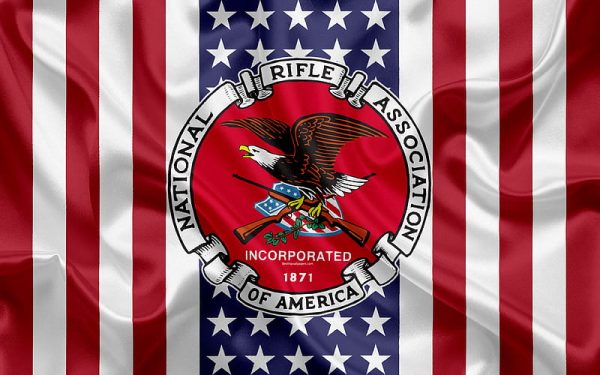
I don’t look at it as we’re giving rights, I see this as we’re getting our constituents’ rights back.
— Shane Martin
Gun rights are a complicated issue in the United States, and the question of safety versus freedom has long been a tumultous fight. The expansion of gun rights is a win to some and a loss to others. Feel free to leave your thoughts in the comments.
Sources:







